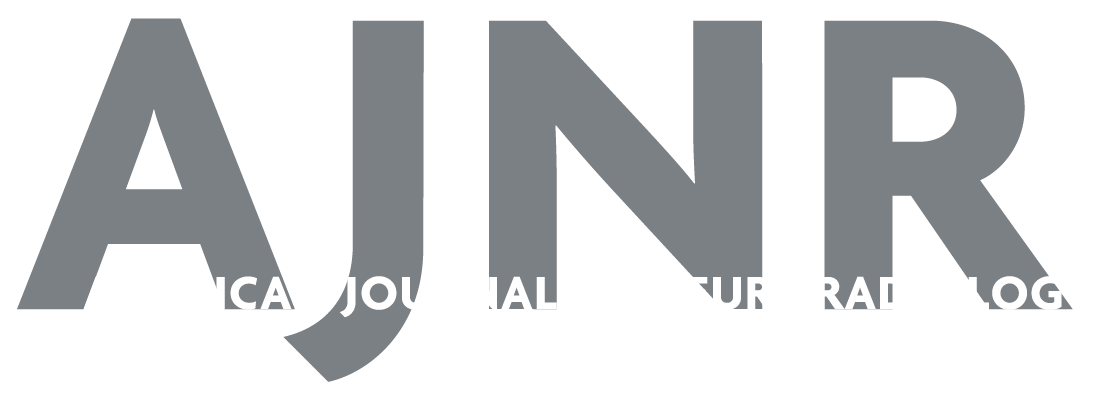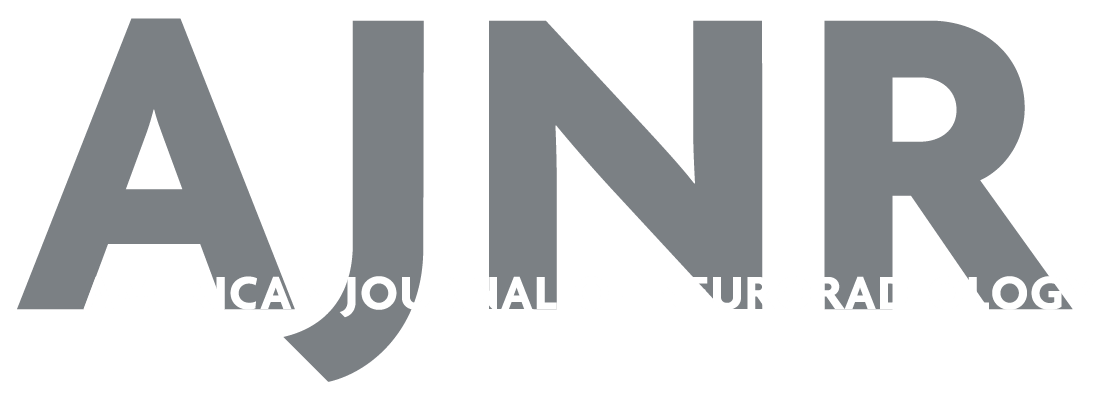Abstract
PURPOSE To test the interobserver reliability of a simple method of classifying cerebral infarcts as seen on CT brain scans, which might allow differentiation of the site and size of the infarct from infarct swelling and hemorrhagic transformation.
METHOD Two experienced neuroradiologists independently reviewed 119 CT brain scans showing recent small to large cortical and subcortical cerebral infarcts and classified each for site and size, amount of swelling, and hemorrhagic transformation blind to clinical information. Six less experienced general radiologists in training classified 33 of the CT scans blind to clinical information. Interobserver agreement was calculated using unweighted kappa statistics.
RESULTS The kappa statistics between the two experienced neuroradiologists were: (a) 0.78 for site and size (95% confidence interval 0.69-0.87); (b) 0.8 for swelling (95% confidence interval, 0.68-0.92); and (c) 0.3 for hemorrhagic transformation (95% confidence interval, 0-0.77); indicating "good," "excellent," and "fair" agreement, respectively. Agreement for the less experienced radiologists was fair to excellent.
CONCLUSION The cerebral infarct morphologic classification is simple, quick, and reliable and therefore practical. It usefully distinguishes between infarcts of similar site and size but with different amounts of swelling and hemorrhagic transformation, thus facilitating study of factors such as the influence of drug treatment on infarct swelling, which might influence clinical outcome. Although developed for CT, it could be used equally for MR imaging and has applications in research and clinical practice.
- Copyright © American Society of Neuroradiology











